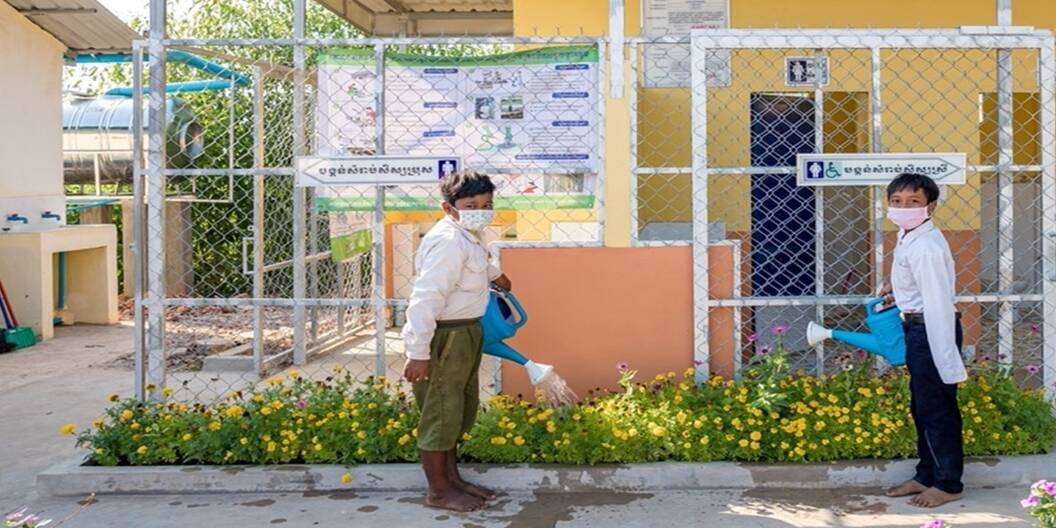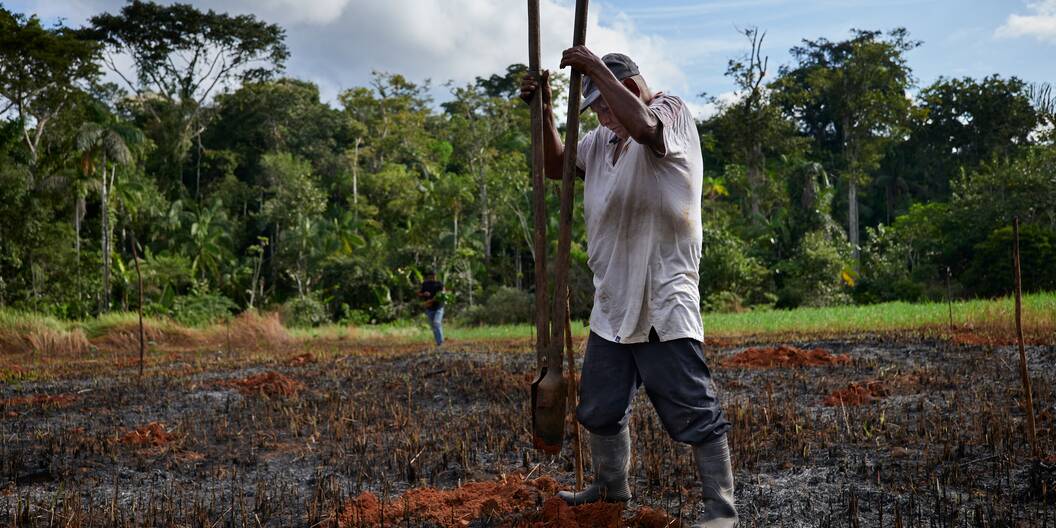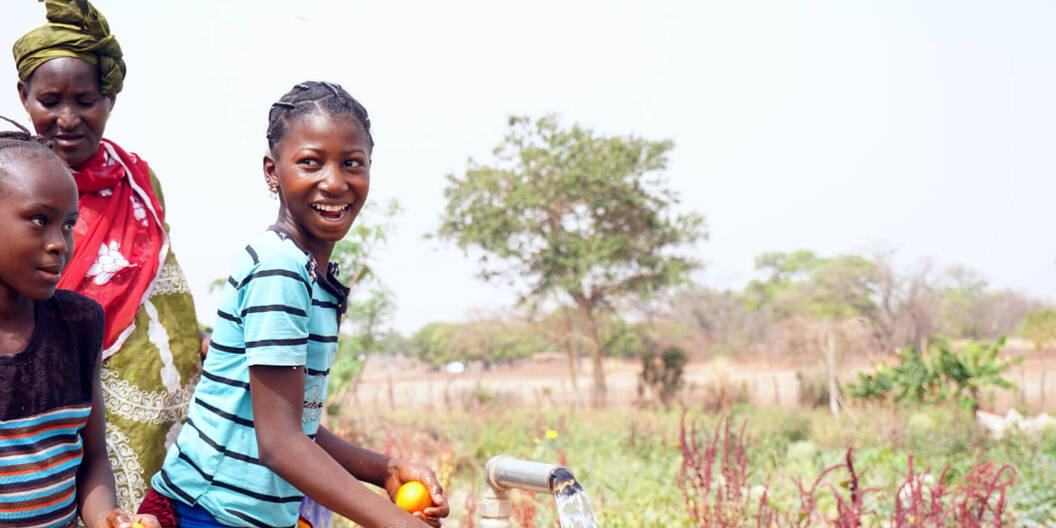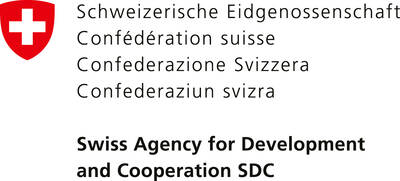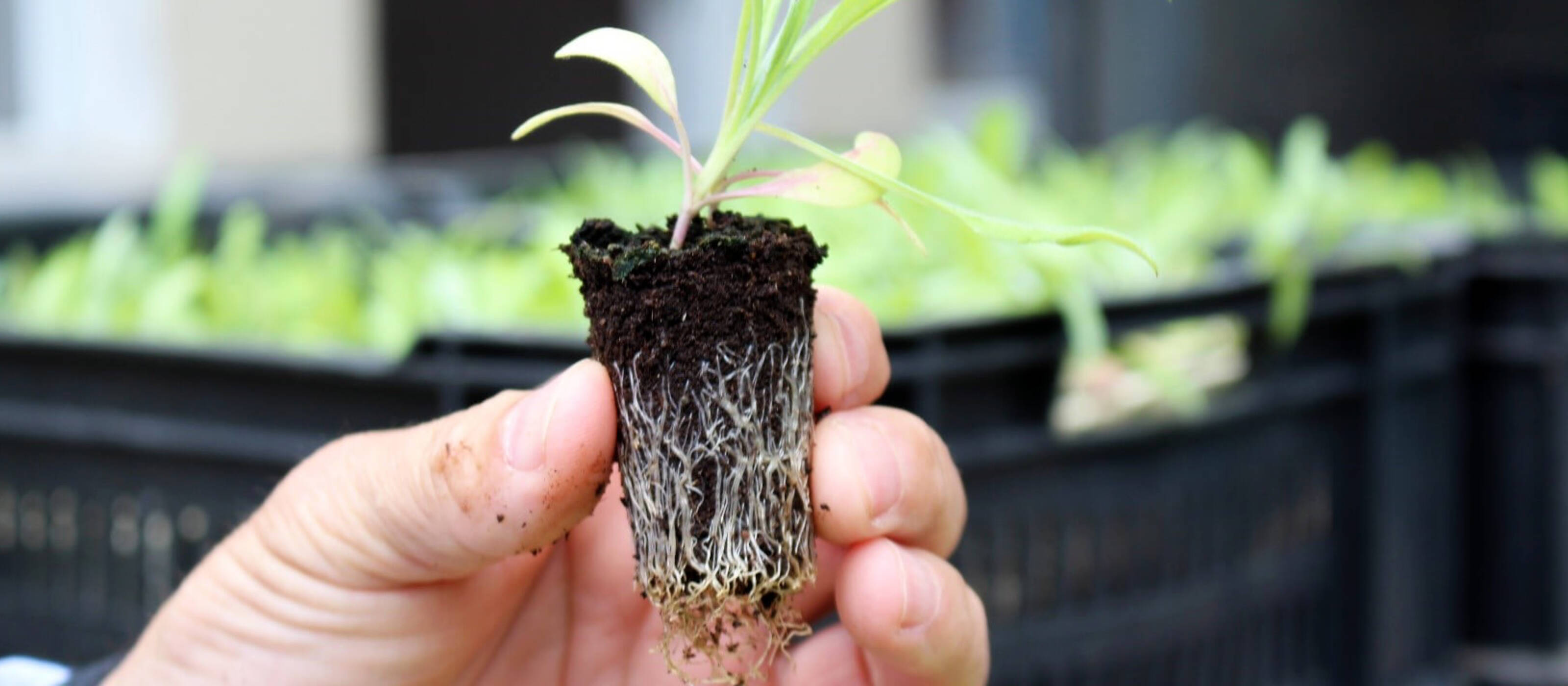

Young people get involved in environmental and climate protection
Climate Project in Kosovo
-
Overview
Theme
Climate
Budget
1'538'679 Swiss francs
Duration
01.01.2022 - 31.12.2024
Project area
10 selected municipalities
Target groups
Students and teachers from 60 upper secondary schools, school councils, eco-clubs and local youth groups, employees of the municipal administrations and national authorities
Project number
P220002
Project in detail
Further projects Commitment to a world without poverty
The project is funded by:
- SDC
